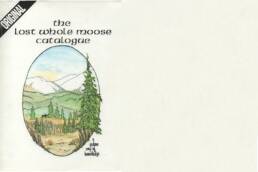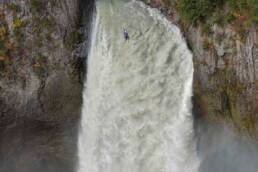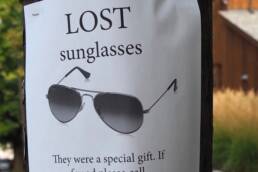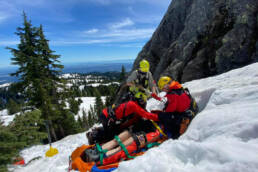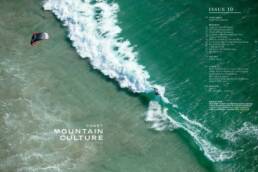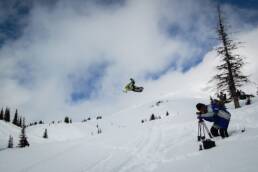Writer Jules Torti revisits a quintessential yukon how-to manual. Her findings? The good book’s Great White North knowledge holds true today in a world yearning for homesteads and the homemade.
Published in 1979, The Lost Whole Moose Catalogue introduced “horizontalism,” a concept that revolves around social relationships and structures without hierarchy. Over the following decades, the book became a revered northern lifestyle guide that exposed traditional Yukon life and its equilibrium between bush craft and town skills. The book’s curious name was derived from the Yukon practice of moose hunting each fall. The joke being, if no moose could be found, then obviously it was lost. Some found their elusive moose in a few weeks, while others are still looking. Whether in joke form or metaphor, the idea of the lost moose continues to inspire Yukoners in a land where humans frequently become lost, and sometimes get lost on purpose.
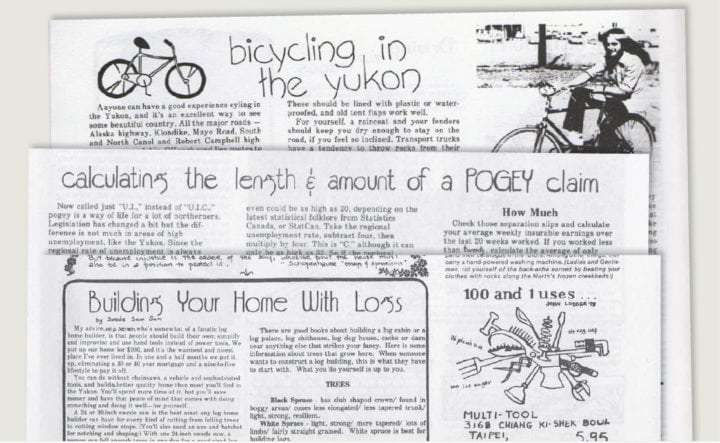 Homesteaders in the late 19th century were attracted to the Canadian West and the promise of “free land.” The agreement was strict: homesteaders were required to build a home and successfully cultivate their land within three years. The impassable roads, drought and bone-chilling winters drove neighbours to seek each other out, so quilting bees became the salve for loneliness, building homes became the effort of a village, and unlocked doors became the norm. The Lost Whole Moose Catalogue was a utilitarian and vital collaboration that united a tribe of dreamers and gave them a forum to share trade secrets.
Homesteaders in the late 19th century were attracted to the Canadian West and the promise of “free land.” The agreement was strict: homesteaders were required to build a home and successfully cultivate their land within three years. The impassable roads, drought and bone-chilling winters drove neighbours to seek each other out, so quilting bees became the salve for loneliness, building homes became the effort of a village, and unlocked doors became the norm. The Lost Whole Moose Catalogue was a utilitarian and vital collaboration that united a tribe of dreamers and gave them a forum to share trade secrets.
In 1991, the catalogue’s follow-up, Another Lost Whole Moose Catalogue, became a passion project of more than 200 Yukoners, who contributed tall tales, survival stories and how-to articles about life up north, but the books have inspired more than Yukoners. Burners, trustafarians, crusty punks, Deadheads and others choosing to live on society’s margins have all adopted the Lost Whole Moose ideal, and the legend still grows, as the modern urban homesteader movement expands. Ambitious home brewers are making use of broom closets for pilsner alchemy. Those same pilsner pints are being shared over self-taught lessons in canning, fermentation and cheesemaking. Urban homesteaders are finding accomplishment in making stuff from scratch without the acreage, goats and tractors once thought necessary.
Whether you decide to make your own kimchi, follow an Arctic-style 100-mile diet or build a home that can survive a harsh winter in Yukon’s village of Carmacks, it’s all an attempt to find our own lost moose, together. These books continue to light the way.
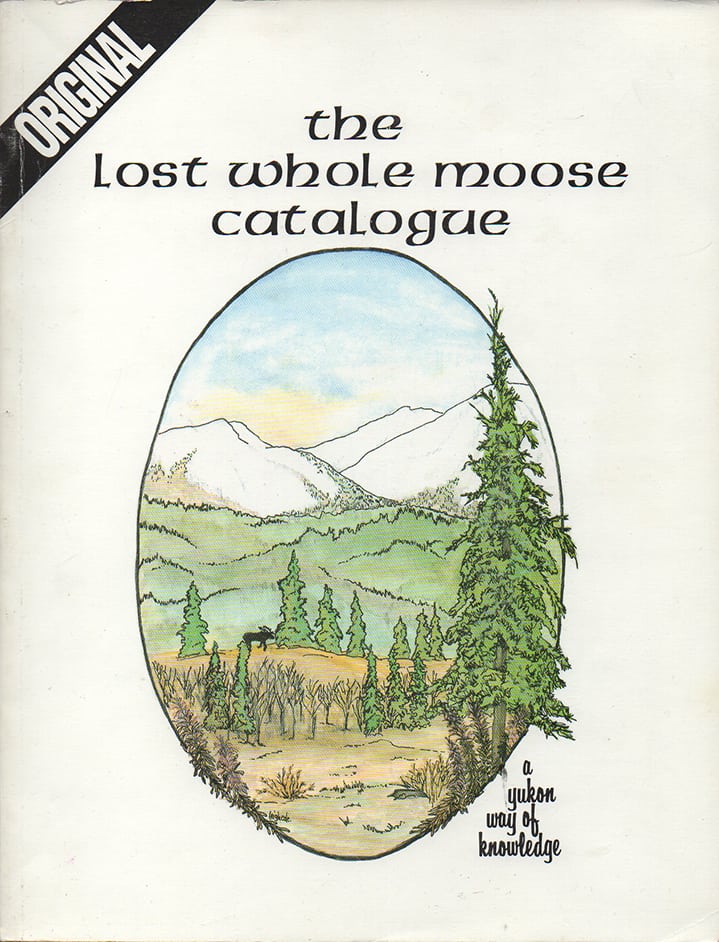
Related Stories
Lost and Found in Whistler Blackcomb’s Terrain Park
For anyone whoever needed a reminder why pipe, park and urban skiing are fun as hell, here it is. Amazing work,…
Found, And Lost
It was a Cascadian kayaking feat that will never be repeated. How a mad mountain scientist and one seriously sick…
Seen My Shades? Mitchell Scott Offers a Treatise on Lost Sunglasses
Everybody looks cooler in shades. Even toddlers. As a bonus, they’re a real help when the sun’s a blazin’. They are the…
Stop Getting Lost: Here’s How You Can Help BC’s Search And Rescue Groups
Of the 78 search and rescue groups in British Columbia, those in the Lower Mainland and Okanagan are the busiest.…
New KMC and CMC Cover Tease
These are the magazines you will be looking for! They will start to see the light of beautiful day May 16th. Our…
Meet Hickshow Productions
Hickshow Productions is as grassroots as it gets: they're Slocan Valley sleddin' souls who have a scene or two to…


